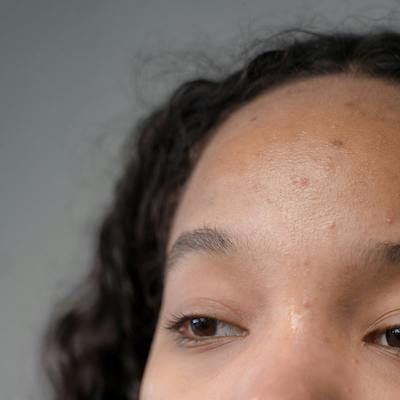Video
Albert Yan, MD: Navigating Advances to Acne Therapies, Monitoring
Author(s):
Yan discusses how acne care strategies have been bolstered—and complicated—by pharmacotherapy and telemedicine developments.
Topical diseases including acne have experienced an influx of available therapies in recent years—aligned closely to the teledermatology boom largely brought on during the COVID-19 pandemic. At a time when clinicians would particularly be wary of monitoring patients undergoing relatively new drug regimens, dermatologists have the comfort of remote medicine providing support.
In the second segment of an interview with HCPLive during the Maui Derm 2023 NP + PA Summer Conference in Colorado Springs this week, Albert Yan, MD, chief of pediatric dermatology at the Children’s Hospital of Philadelphia (CHOP), discussed the convergence technological and pharmaceutical advances in dermatology—and particularly how it influences pediatric patient care.
“I think young people are at the forefront of new technologies, and they’re always seeking new ways to empower themselves by using these new app-based platforms,” Yan said. “Anything we can do in that vein to leverage that ability and empower them can only help.”
He added that he and his team are currently developing app-based technologies designed to aid both patients and clinicians through disease monitoring and management derived by artificial intelligence and machine learning data. Just as it is important for clinicians to find benefit from these innovations, though, Yan stressed his and peers’ role in assuring risk of fault or harm is minimal for patients.
“It's partly our responsibility as clinicians to be a part of that process,” he said.
On the topic of pharmaceutical advancement, Yan reviewed his strategies to navigate between standard topical drugs and systemic therapies for young patients with acne—a quandary both aided and complicated by the advent of agents in either class. The simplest solution is to keep appreciation to how children—and their diseases—develop.
“Your preadolescent kids may start off with milder acne, and as they get older and those hormones start to kick in, you’ll start to see a progression and evolution to more inflammatory disease,” Yan said. “It tends to be a moving target when you’re treating acne.”
He added, “Oftentimes you can start with topical therapy, but by seeing them in serial follow-up, you’ll know as they move and evolve to more inflammatory disease that you may need to change things up and move to antibiotic therapies or some of the newer modalities that seem to be adding a lot of effectiveness to our acne regimens.”
2 Commerce Drive
Cranbury, NJ 08512
All rights reserved.





